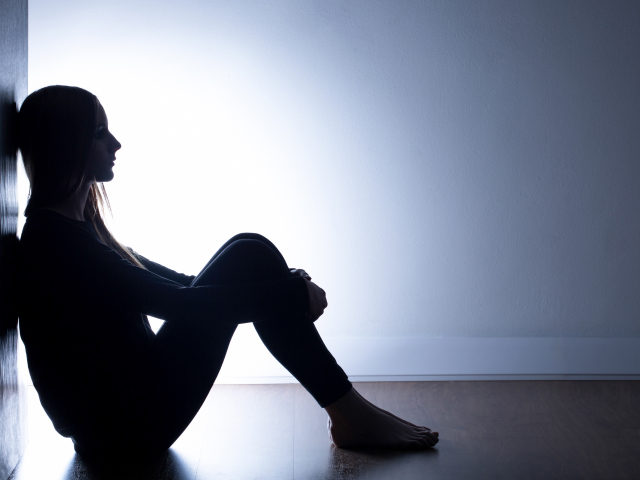The effects of the pandemic have been blamed for exacerbating the mental health problems being faced by children, with the National Health Service (NHS) giving a record number of youngsters antidepressants.
Figures revealed that last year saw prescriptions for antidepressants written for children aged five to 16 rise to 231,791, an increase of 22 per cent over five years.
By age group, prescriptions issued to secondary school pupils (aged 11 to 18) had risen by 23 per cent in that period, and almost as high was the increase in prescriptions to primary school children (aged five to 11), which was 20 per cent, according to a Times report on Tuesday.
The newspaper cited studies and mental health campaigners suggesting that coronavirus lockdowns and the related closure of schools could be increasing mental illness issues, on top of other factors already affecting children such as bullying, school pressure, and bereavement.
Tom Madders from the charity YoungMinds told the newspaper: “The pandemic has exacerbated these pressures, with many young people experiencing isolation, loneliness and worries about the future.
“While antidepressants can play a role in supporting some young people’s mental health, it’s crucial that they are never seen as a substitute for fast access to talking therapies, especially for younger children.”
Rising Number of Children on Antidepressants Coincided with Lockdowns: Report https://t.co/arovH7XCMP
— Breitbart London (@BreitbartLondon) June 25, 2021
The MailOnline notes that not all of the prescriptions were for mental health issues as some medications were also prescribed for physical ailments like headaches and irritable bowel syndrome, and NHS guidance said that they should only be given to minors in cases of severe or moderate depression and in conjunction with talking therapies.
However, child psychotherapist Catherine Knibbs revealed that drugs are often being “handed out” to youngsters for mild anxiety and depression, whereas the pills should be prescribed “as a last rather than first resort”.
“Children’s mental health and wellbeing is complex, however pharmacology ought to be a last rather than first resort as their brains and bodies are still developing and maturing,” Ms Knibbs said.
Children have been experiencing an increasing mental health crisis since the first restrictions in March 2020, with The Pharmaceutical Journal having drawn connections between a rise in prescribing antidepressants to children and lockdowns.
In June, the medical publication had observed three distinct peaks of increase in the prescription of the drugs in children aged up to 17 in England, which coincided approximately with the lockdowns in March 2020, November 2020, and January 2021.
Medics early on in the pandemic have said that they have seen an increase in children presenting at hospital accident and emergency wards in mental health crises, including children as young as eight who have cut themselves or overdosed. One London psychologist blamed the rise in self-harming children appearing at A&E on the closure of schools and restrictions on contact and sports activities due to the pandemic.
June 2021 also saw claims by mental health specialists of very young children experiencing “locked-in trauma”, where they are having problems making friends, interacting, and even experiencing anxiety over playing with other children. Specialists have predicted some 1.5 million children and young people will need treatment for mental health problems resulting from the waves of lockdowns and restrictions.
A study from July from several top British universities claimed that nearly five times as many children died by committing suicide during the first year of the pandemic than from the Chinese virus itself.
“The risk of removal of [children and young people] from their normal activities across education and social events may prove a greater risk than that of SARS-CoV-2 itself,” the study claimed.
Sick. https://t.co/lsgEjKEwxv
— Breitbart News (@BreitbartNews) July 15, 2021

COMMENTS
Please let us know if you're having issues with commenting.